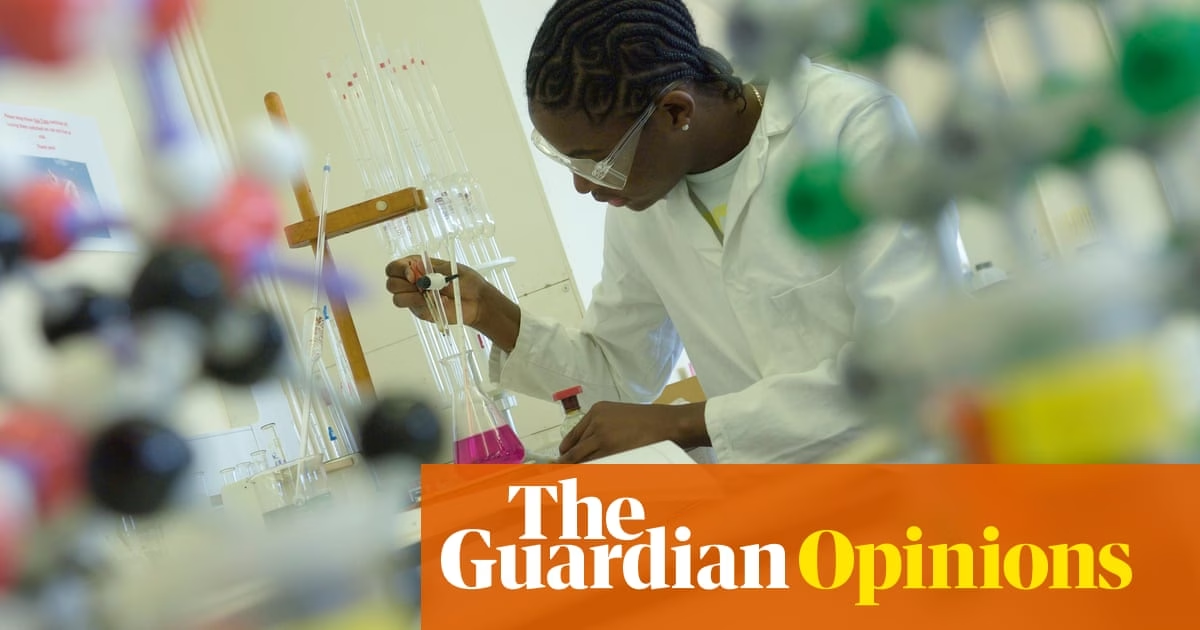Donald Trump’s attacks on diversity, equality, and inclusion (DEI) initiatives since his January inauguration have been relentless, sweeping, and increasingly severe. A devastating plane crash was wrongly attributable to DEI. All DEI programs within public entities are now discontinued, and private contractors face contract terminations if they don’t fall in line. Webpages that uphold religious diversity in the context of Holocaust remembrance are also being removed.
Academia and science have been particularly targeted. Universities face losing federal funding if they support DEI. Government reports and government-funded research are withheld if they contain prohibited terminology such as “gender,” “pregnant person,” “women,” “elderly,” or “disabled”. National Institutes of Health grants addressing diversity, equality, or inclusion in any form are being revoked.
What’s more, this total “war on woke” (more accurately: “fight against fairness”) is not just a U.S. issue but also a problem in the UK. Already, British companies and watchdogs are abandoning their diversity efforts. Conservative leader Kemi Badenoch has described diversity efforts as a “poison”.
These attacks are based on deliberate distortions of what DEI truly means. There are two major misconceptions that need addressing. The first is that DEI efforts compromise the quality of employees by prioritizing group membership over competence. The second is that DEI is a hindrance to achievement. Let’s examine each claim in turn, using the field of science itself as a case study.
The assertion that DEI means selecting group members over ability and results in employing unqualified candidates is a misrepresentation. Embracing diversity has the straightforward advantage of expanding the talent pool from which scientists are chosen. DEI initiatives aim to ensure that less capable members of privileged groups do not get an unfair advantage over more competent members of underprivileged groups.
Bias begins early, particularly in the physical sciences, where both genders view these subjects as “boy subjects” by their teenage years. Even if you start your academic career, preference impacts funding decisions and publication rates. Women and minorities face additional career progression barriers: for example, both women and minority scientists receive less credit for their work compared to their male or white counterparts. Diversity-focused institutions that address these workplace barriers have higher retention rates among women and minority researchers. Diverse workplaces attract more diverse staff to apply for positions, creating a positive feedback loop. It is known that scientific research teams that prioritize diversity perform better.
Regarding the second myth that DEI hinders success, diversity actually enhances the quality of science. Evidence shows that scientific papers by ethnically diverse teams are more impactful than those by homogeneous teams. Similarly, studies show that diverse teams consider more options and make better decisions. Scientists from varied backgrounds pose new research questions and priorities, especially those affecting underrepresented communities. The lack of women in biomedical science has resulted in inadequate research into menstrual and reproductive health issues. The absence of black scientists has contributed to the neglect of sickle cell disease, and regarding the intersection of “race” and sex, the problems worsen. It is only in recent years that it became known that black and Asian women are significantly more likely to die in pregnancy or childbirth compared to white women.
Medical and social sciences have long struggled with a lack of diversity in research, leading to ineffective medicine as findings are not applicable to all populations. For instance, clinical trials often focus on men and white individuals, resulting in poor health outcomes for women and minorities. A diverse group of researchers makes minority members more willing to participate in trials and helps ensure diverse participant recruitment. This aspect improves the scientific validity and increases minorities’ trust in research outcomes, such as vaccine development and willingness to get vaccinated.
In sum, ensuring diversity, equality, and inclusion among scientists results in better scientists and better science. While our examples originate from science, they apply much more broadly. DEI initiatives focus on selecting the best regardless of group membership, not selecting based on group membership regardless of best fit. Science fundamentally seeks truth through thorough, impartial, transparent investigation, and limiting talent pools or perspectives make that pursuit more difficult. Therefore, DEI initiatives are essential for achieving science’s central objectives, not a distraction.
Christina Pagel is a professor of operational research within UCL’s clinical operational research unit. She is also a member of Independent Sage and vice president and EDI lead for the UK Operational Research Society.
This article is based on a new report by Independent Sage about the importance of DEI in science. Christina Pagel led the report, but all members of Independent Sage contributed.
Source: https://www.theguardian.com/commentisfree/2025/mar/26/donald-trump-war-on-woke-science-diversity







